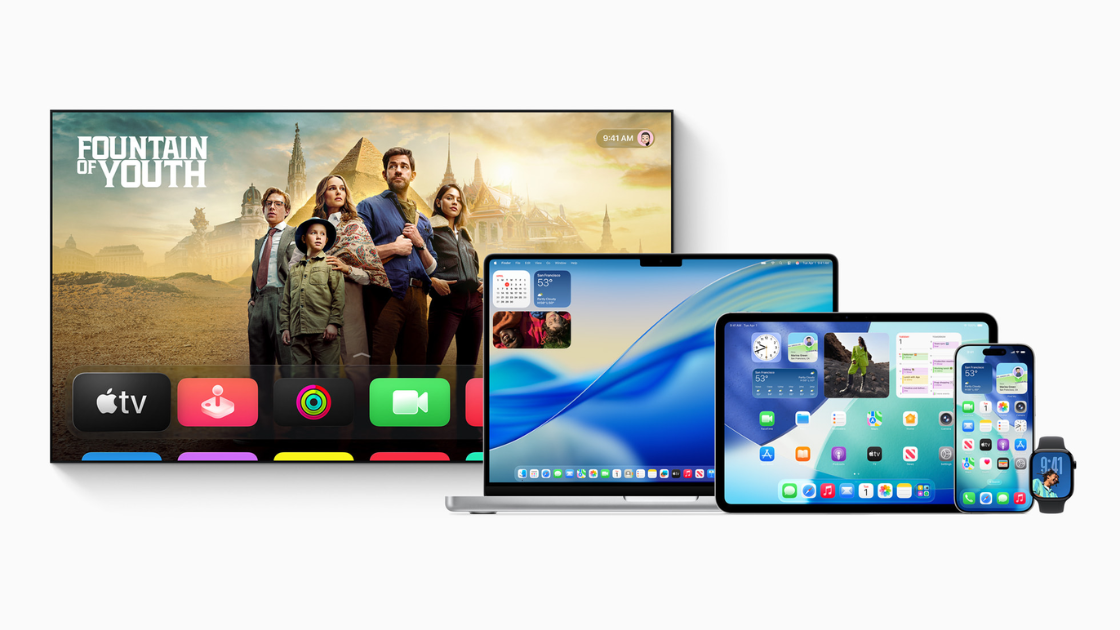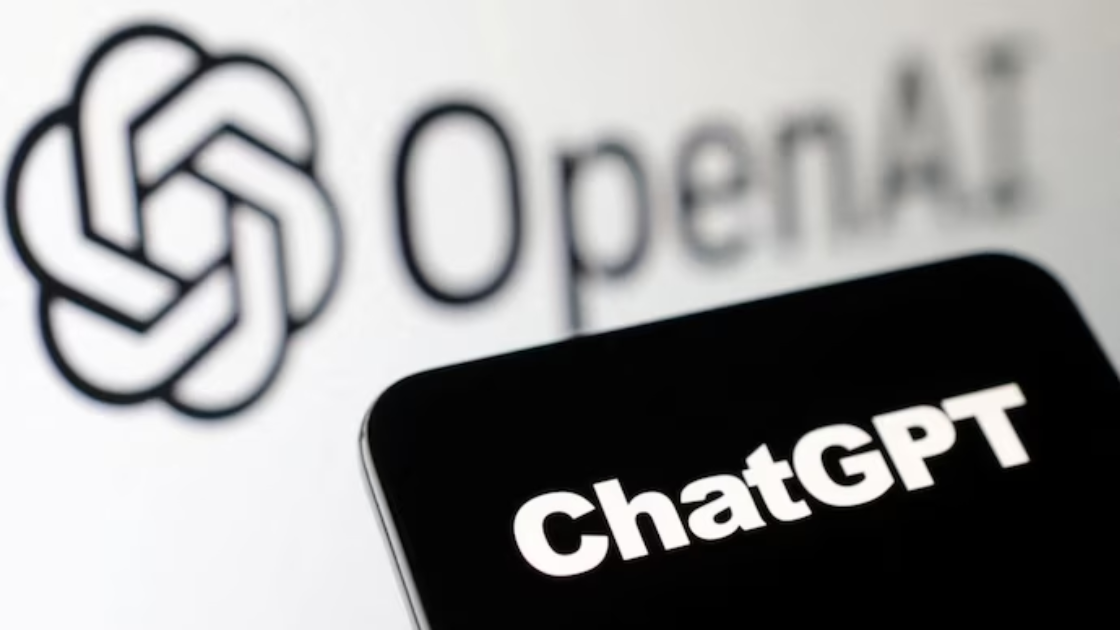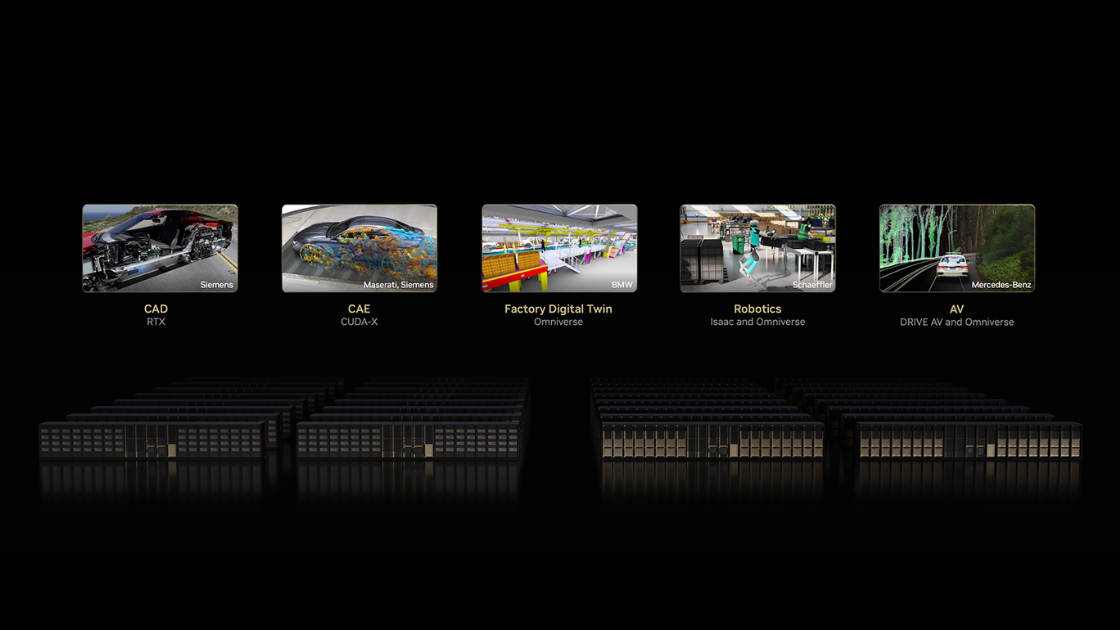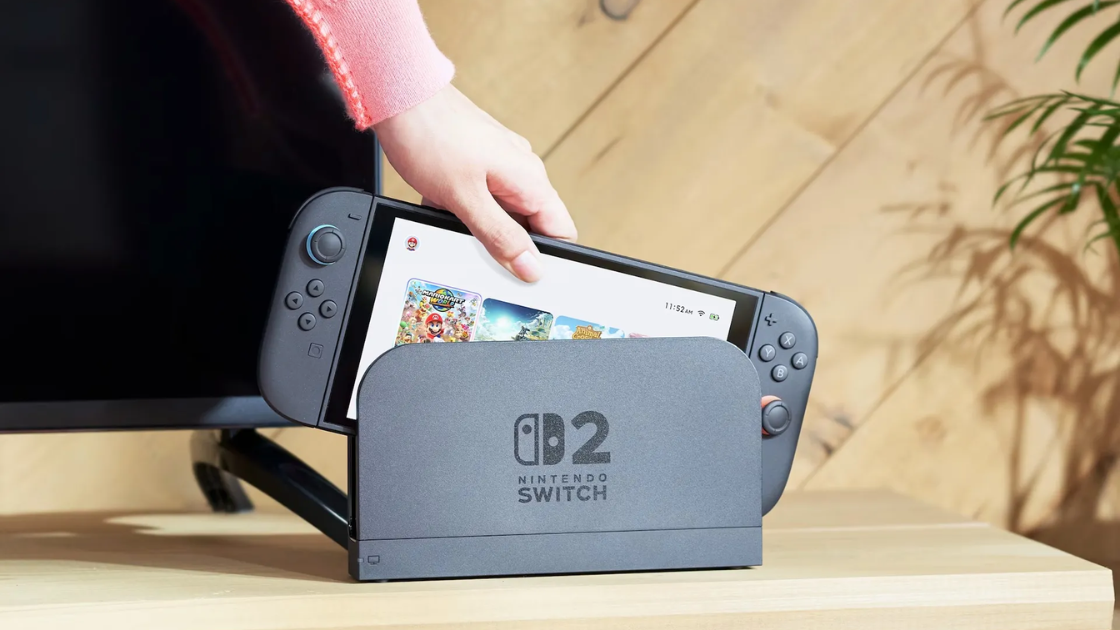Stay in the loop with the latest tech headlines from across the web. From Apple’s bold UI overhaul to Starbucks AI barista, we have the stories you won’t want to miss. Read on for in-depth insights on the innovations shaping our digital landscape this week.
Apple Unveils “Liquid Glass” UI Across All Platforms

At WWDC 2025, Apple rolled out its “Liquid Glass” design language—a sleek, translucent aesthetic debuting in iOS 26, macOS Tahoe, iPadOS 26, watchOS 26, tvOS, VisionOS, and CarPlay. The update brings dynamic depth and translucency to system interfaces, unifying the user experience across devices. On the iPad, Apple introduced true windowed multitasking with a Mac-style menu bar and fluid app resizing, finally closing the gap between tablet and desktop workflows. The revamped Files app adds a detailed list view, and the new Preview app offers native PDF editing with Apple Pencil support. Across all platforms, on-device Apple Intelligence now powers features like live language translation in FaceTime and contextual shortcuts, all while keeping user data private. A public beta is available next month, with full release expected this fall.
OpenAI’s Vision for ChatGPT as “Super Assistant”

Insider reports reveal OpenAI’s ambitious plan to evolve ChatGPT into a deeply personalized “super assistant” that integrates seamlessly into daily life. The roadmap includes hardware integration—potentially via wearables or dedicated devices—and enhanced multimodal capabilities to process text, voice, and image inputs. ChatGPT’s contextual memory will improve over time, learning user preferences for email drafting, scheduling, and personal research without repeated setup. Future agentic features aim to enable the model to autonomously complete complex tasks, like booking travel or coordinating team projects, with minimal user prompts. Privacy and security measures will be baked in, giving users control over what data is stored or shared. This vision positions ChatGPT to become a central productivity hub, blurring the lines between a chatbot and a true digital concierge.
Starbucks Pilots AI Barista Chatbots to Speed Service

Starbucks, in partnership with Microsoft’s Azure OpenAI, has begun testing “Green Dot Assist” chatbots in 35 U.S. locations. The Starbucks chatbot is slated to begin a nationwide rollout next year. These AI Starbucks baristas can upsell pastries, answer menu questions, and suggest custom drink pairings. Likewise, the chatbots would do so based on customer history, aiming to streamline order times and reduce staff load. Using real-time speech recognition, the Starbucks system personalizes interactions—greeting regulars by name and recalling past preferences. Early trials show a 10% increase in average transaction value and a modest reduction in peak-hour wait times. The Starbucks experiment also feeds data back to human baristas, helping them learn which suggestions resonate most. If successful, this could redefine the coffee-shop experience, blending high-tech convenience with the familiar café vibe.
Nvidia Advances Industrial AI with RTX 50 Series & Germany Cloud

At its Paris GTC event, Nvidia unveiled the Blackwell-based GeForce RTX 50 series GPUs, led by the flagship RTX 5090 with GDDR7 memory and next-gen ray-tracing performance. These cards promise up to 30% faster AI training speeds and smoother real-time rendering for creators and gamers alike. Simultaneously, Nvidia announced plans to build Europe’s first industrial-scale AI cloud in Germany, powered by thousands of GPU-accelerated DGX systems. This facility will serve research institutions and enterprises across the continent, meeting strict data-sovereignty and privacy requirements. Together, these desktop and cloud initiatives reaffirm Nvidia’s leadership in AI compute, addressing everything from individual developers to large-scale enterprise workloads. Early adopters report significant performance gains in large-language-model fine-tuning and generative design applications.
Tesla’s Robotaxi Service Gears Up in Austin

Elon Musk confirmed that Tesla’s fully autonomous robotaxi service will launch its public beta in Austin on June 22, operating without human safety drivers. The service will initially serve select downtown zones, with rides hailed via the Tesla app and billed by the minute. Regulatory approval remains pending, but early demos have shown the fleet navigating complex city streets and unprotected left turns. Tesla asserts that its FSD Beta software has achieved over 5 million miles of real-world driving data, which it uses to refine neural-net decision-making. Analysts will scrutinize passenger safety and satisfaction metrics closely, as Tesla aims to prove the viability of driverless ride-hailing. If successful, this rollout could usher in a new era of shared autonomous mobility.
Nintendo Switch 2 Breaks Records with 3.5 M Sold in Four Days

Nintendo’s hybrid next-gen console, the Switch 2, launched on June 5 and sold over 3.5 million units in just four days—the fastest start in the company’s history. Upgrades include a 7-inch OLED display at 120 Hz, 4K docked output, and haptic-feedback Joy-Cons for immersive gameplay. Launch titles like Mario Kart World and Zelda: Echoes of Time showcase the hardware’s power. Of course, a new online subscription tier offers streaming of GameCube classics as well. Nintendo says strong demand will keep production ramps high through the summer. Likewise, Nintendo is already teasing a Major League Baseball title timed for the World Series season.
